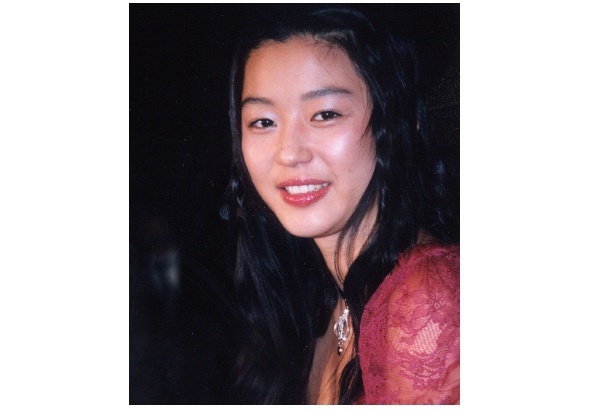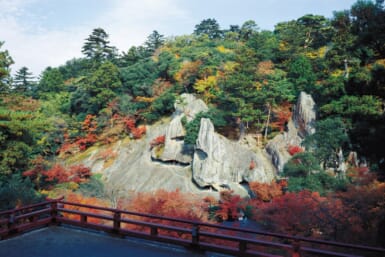Is Japan’s new love affair with Korea a social revolution — or just canny TV scheduling, asks Jim Dougherty
THE JAPANESE call it the Kanryu Boom. Some think it began with President Kim Dae-jung’s visit to Tokyo in the late 1990s; others claim it actually started during the 2002 World Cup, held in Japan and Korea. Or, if you believe the media, years of antagonism between the two East Asian neighbors has come down a notch thanks to Bae Jong-joon, whose soap opera Winter Sonata has been aired on NHK since 2003 — igniting a “Korea boom” throughout Japan and making super-celebrities out of it stars.
It hasn’t always been so. Japan’s harsh occupation of Korea, from 1910 to 1945, remains a strong point of contention, as does decades of discrimination against ethnic Koreans living in Japan. However formal ties between the two nations, though still difficult, appeared to improve significantly after an influx of Korean soap operas began screening on Japanese Television.
And, if you can believe the hype, the arrival of Bae Yong-joon, star of Winter Sonata whose gentle grin makes grown women emit schoolgirl-like squeals, has made things better still.
Celebrity fads are common among Japanese teenagers, but Bae’s fan base is made up mostly of women over 40. According to TV Panel Show analysts, Korean dramas present an old-fashioned view of romance that has struck an emotional chord with many middle-aged women. The shows offer a nostalgic throwback to more youthful days, when young men paid more attention to their charms and innocence was a woman’s most seductive tool. Equally, media experts claim that the Koreans have a kind of purity and innocence that Japanese stars are not able to effectively communicate.
Unsurprisingly, advertisers have been quick to pick up on this. Since Bae’s TV ads for a popular health drink started airing in July 2004, there has been a deluge of Korean stars peddling products on TV, billboards and in numerous publications. In just under one year, 12 famous Japanese brands have started using Korean stars as image personalities for their products, and they are clamoring for more.
It’s bad news for Japan’s homegrown celebrities, whose incomes were already feeling the pinch after a general tightening of belts in the advertising industry. With all the new Korean “kids on the block” there is much smaller pie and more people competing for a slice.
Furthermore, local networks are buying up hit shows from Korea and airing them instead of Japanese produced dramas. Japan’s TV networks have embraced the Korean celebrities with yen signs circling their heads, leading some critics to claim that the entire Korean Boom is actually a cynically waged campaign aimed at expanding the entertainment industry. If so, the Korean stars seem to be on the act, demonstrating more marketing and public relations savvy than their Japanese counterparts. During Choi Ji-woo’s recent visit to Japan, for example, the beautiful and elegant Korean actress made a ¥1 million donation to victims of the Niigata earthquake.
According to the Japanese media, Bae, popularly known in Japan as “Yong-sama,” has helped change the image of not just South Koreans celebrities, but the average man on the street, too — a group who, despite the fact they make up Japan’s largest minority, have long faced discrimination in the Land of the Rising Sun.
But has it really? So far, these cultural exchanges have not helped solve the daily problems facing Koreans in Japan. Koreans born in Japan still have no right to vote and continue to face prejudice when looking for a job or housing. Some 80 percent of Korean-Japanese use Japanese names instead of their Korean birth names to avoid discrimination.
In fact, there is only really one area where the Kanryu phenomenon has had a strong impact on Japanese society — tourism. This past year, the number of Japanese visiting South Korea jumped an incredible 38 per cent. But maybe it’s this that will make the difference after all — perhaps when Japanese tourists begin to realise things are not so different over there, they’ll start treating Koreans better over here.









_KRAACH-クリスタルバスソルト-385x257.jpg)